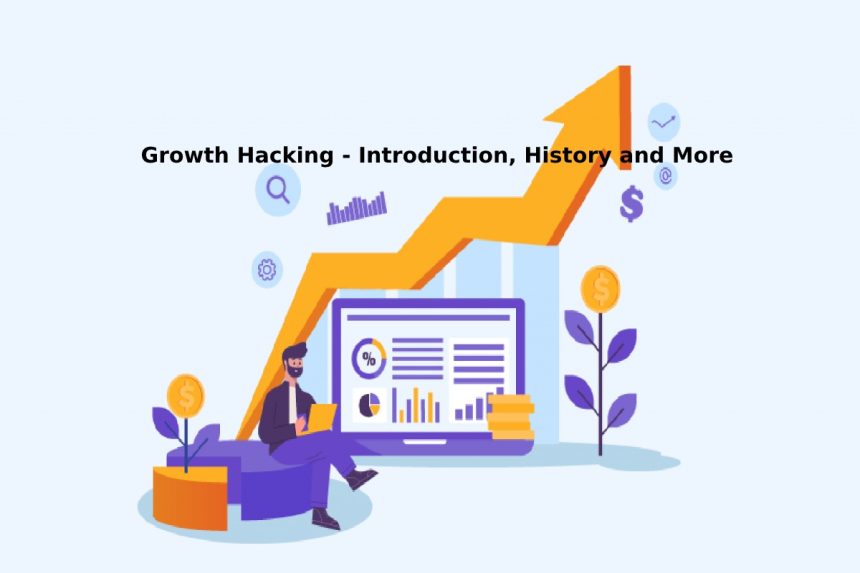Introduction
Growth Hacking is so misunderstood that there is a desperate need for this post. Few concepts have been as polarizing and revolutionary, simultaneously. Is it marketing in disguise? Is it the future of internet products?
History
The phrase “growth hacker” was coined by Sean Ellis in 2010. When I asked Sean why he felt the need to forge a new word, he said that it stemmed from his frustration when hiring replacements for himself. I’ll explain.
Sean had helped several internet companies achieve incredible growth, and a few of them even had an IPO. Sean became the guy that the valley went to when they needed to grow their user base, and he would take equity and payment in exchange for his services.
He essentially became a one-person growth shop, setting up systems, processes. And mindsets that you could maintain after he left. Eventually, he would hand over the keys to his growth machine to someone else, and he would ride off into the sunset. It is where the problems started.
While searching for his replacement, he would often receive legit but not relevant resumes. They had marketing degrees and marketing experience, but they were still missing something. Sean knew that the kind of strategies he employed did not represent the typical playbook used by traditional marketers, and if he gave them the reins, it would not be a good fit.
A traditional marketer has an extensive focus, and while their skill set is precious, it is not as necessary early in a startup’s life. In the first phase of a startup, you don’t need someone to “build and manage a marketing team” or “manage outside vendors” or even “establish a strategic marketing plan to achieve corporate objectives.” Or many of the other things that marketers are tasked with doing. However, early in a startup, you need one thing. Growth.
Growth Hacker Vs. Marketer
A growth hacker is not a replacement for a marketer. A growth hacker is not better than a marketer. He/She is just different than a marketer. To use the most succinct definition from Sean’s post, “A growth hacker is a person whose true north is growth.”
Every decision that a growth hacker makes remains informed by growth. Every strategy, every tactic, and every initiative remains attempted in the hopes of growing. Growth is the sun that a growth hacker revolves around.
Of course, traditional marketers care about growth too, but not to the same extent. Remember, the power of a growth hacker is in their obsessive focus on a singular goal. They can achieve the one task that matters most early on by ignoring almost everything.
This absolute focus on growth has given rise to several methods, tools, and best practices that didn’t exist in the traditional marketing repertoire. But, unfortunately, as time passes, the chasm between the two disciplines deepens.
Redefining product
Traditional marketers understand traditional products, but the internet has created a radical redefinition of the word product.
For thousands of years, a product has been a physical good, but now they are invisible bits and bytes in software products. Products used only be things like cars, shampoo, couches, and guns. Now Twitter is a product.
Your online accounting software is a product. Things you can’t hold, per se, are products. This transition is most responsible for the new age of growth hackers. The internet has given the world a new product, demanding a new type of thinking.
A product can play a role in its adoption for the first time because of this redefinition. Sound crazy? It is.
A product like Facebook allows you to share their product with other friends to better make your own experience on their platform. Shampoo can’t do that.
A product like Dropbox can give you free cloud storage if you get a friend to sign up with them. Couches don’t do that. If you don’t come to grips with this new classification of products that the internet has produced, you won’t fully grasp growth hacking.
The Future of Internet Businesses
Development hacking is an astonishing pattern that gives us looks into the fate of web based organizations. There has frequently been a hindrance between the item group and those liable for gaining clients for the item.
The marketers push. Growth Hacking seemed to work for a while that way. Now, those in charge of growth have to learn what an API is, and those in charge of programming have to think about the customer experience within the product. Worlds are colliding.
This cross-pollination makes sense. If growth is the lifeblood of an organization, why wouldn’t growth be woven into every aspect of the organization? Even customer support should be done by people that think about growth because angry customers churn.
And designers should design with one eye on growth because beautiful art alone doesn’t always acquire users. As a result, the future of internet companies, and the teams that build them, will not look like they did yesterday.







